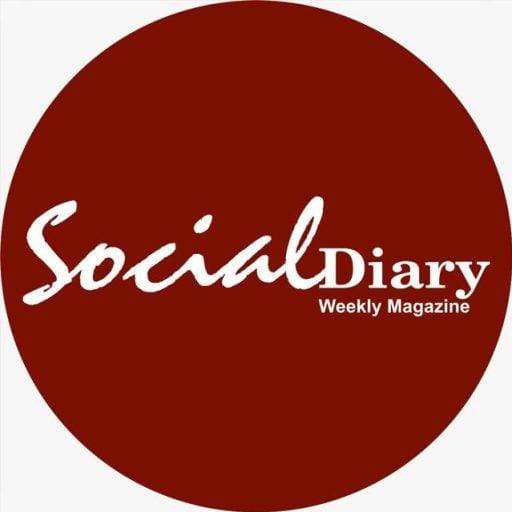In the age of social media dominance, few platforms have captured the world’s attention quite like TikTok. With its addictive short videos, catchy trends, and millions of loyal users, it’s a cultural force. But when politics entered the chat, things got messy. Former U.S. President Donald Trump’s push to ban TikTok is back in the spotlight, reigniting debates about national security, data privacy, and the role of tech in our lives.
Why Was TikTok Targeted?
Back in 2020, Trump announced plans to ban TikTok, claiming it was a threat to national security. His concern? TikTok’s parent company, ByteDance, is based in China. The administration feared that user data—everything from location information to browsing habits—might end up in the hands of the Chinese government.
For many Americans, TikTok is just a fun app to scroll through while killing time, but for Trump, it symbolized something bigger: the need to protect U.S. data from foreign powers. TikTok, however, denied these claims, insisting it doesn’t share data with Beijing.
The Drama Unfolds
Trump’s efforts to ban TikTok led to lawsuits, public outcry, and viral memes. Federal judges blocked his executive orders, arguing they lacked solid evidence. Meanwhile, TikTok kept growing, with users rallying to “save their app.” There were even talks of forcing ByteDance to sell TikTok’s U.S. operations to American companies like Oracle or Walmart, but nothing came of it.
When Joe Biden took office, the tension eased, and TikTok carried on without interruption. But with this issue resurfacing, the app’s future in the U.S. feels uncertain once again.
TikTok’s Place in Pop Culture
Let’s be honest—TikTok is more than an app; it’s a lifestyle. For millions, it’s where they discover trends, share stories, and even learn new skills. From viral dances to political movements, TikTok has redefined how people connect and communicate.
For Trump, though, banning TikTok wasn’t just about national security. It became a lightning rod for larger cultural battles. To its users—especially Gen Z—the ban felt personal, like an attack on their way of life.
Privacy or Politics?
The big question is: Is this really about protecting Americans, or is it about controlling a narrative? Advocates of the ban argue it’s about safety—keeping sensitive data out of foreign hands. Critics, however, believe it’s an overreach of government power, a slippery slope that could limit free expression.
What’s Next for TikTok?
TikTok’s fate in the U.S. hangs in the balance. Will the government tighten its grip, or will the app survive yet another political storm? For now, users are holding their breath and making the most of their time on the platform—just in case.
Whatever happens, one thing is clear: TikTok isn’t just an app; it’s a symbol of the way technology shapes our culture, politics, and daily lives. Whether it stays or goes, the conversation it’s sparked will likely outlast the trends it creates.

























